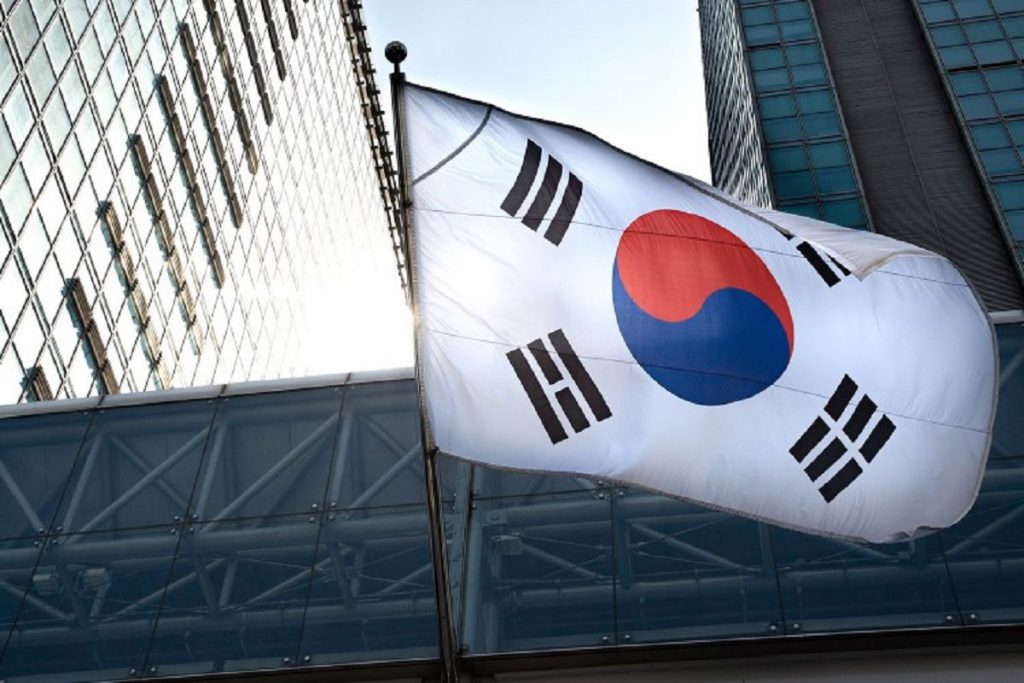A South Korean ministry dedicated to maintaining relations with its Northern neighbor said it had launched a new metaverse themed around the Demilitarized Zone (DMZ), the strip of land that divides North and South Korea.
South Korea’s Ministry of Unification launched the platform- Seoul’s first government-backed foray into the metaverse- on Thursday, in a bid to make the DMZ more accessible to citizens.
The establishment of the metaverse also aligns with South Korea’s previously stated goals of becoming a major player in virtual reality. The government recently started recruiting several virtual reality experts to set up a “metaverse academy.”
Visit the DMZ virtually
The venture allows users to take a virtual tour of the DMZ, and also provides visitors with information on the area’s history. Despite its prolific status, the DMZ is difficult to visit due to high security and limited visiting hours, South Korean news agency Yonhap News reported.
The DMZ, which is about 250 kilometers long and 4 kilometers wide, serves as the land border between North and South Korea. It was created in 1953 at the end of the Korean War, as communist and U.S.-backed forces agreed to create a buffer zone between their territories.
A large amount of troops are stationed along both sides of the line, given that hostilities between the two Koreas have still persisted. The area is iconic for seeing several military clashes between the two sides, as well as numerous attempts at defection by North Korean citizens.
The Ministry of Unification also occupies a rather controversial place in South Korean politics, given its aim of promoting Korean reunification. But President-elect Yoon Suk-yeol recently said he has no plans to abolish the ministry.
South Korean crypto adoption on the rise
The move marks increasing interest in crypto and blockchain technology in Asia’s fourth-largest economy. The country hosts a large number of crypto users, while several major companies in the country have also expanded into the space.
Most notable is telecom giant SK Telecom, which has its own metaverse- Ifland. SK’s parent company, SK Group, also has plans to launch its own cryptocurrency this year.
Crypto regulation played a major role in the country’s recent Presidential elections. President-elect Yoon Suk-yeol also promised pro-crypto legislature as part of his campaign.


